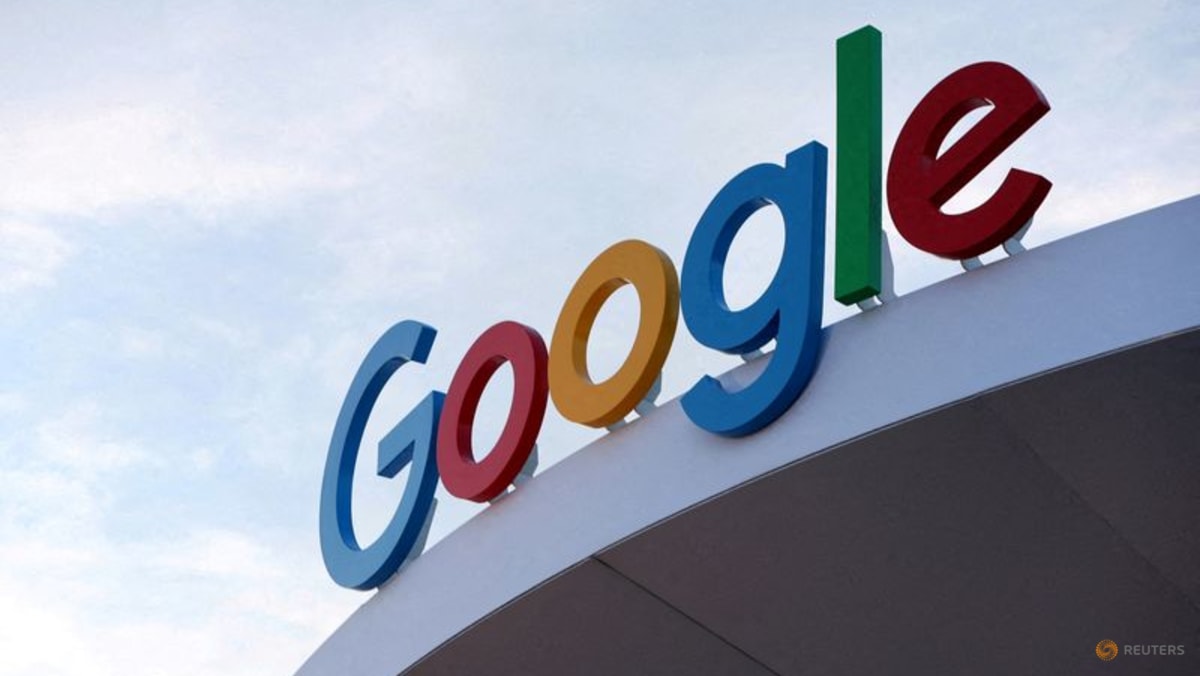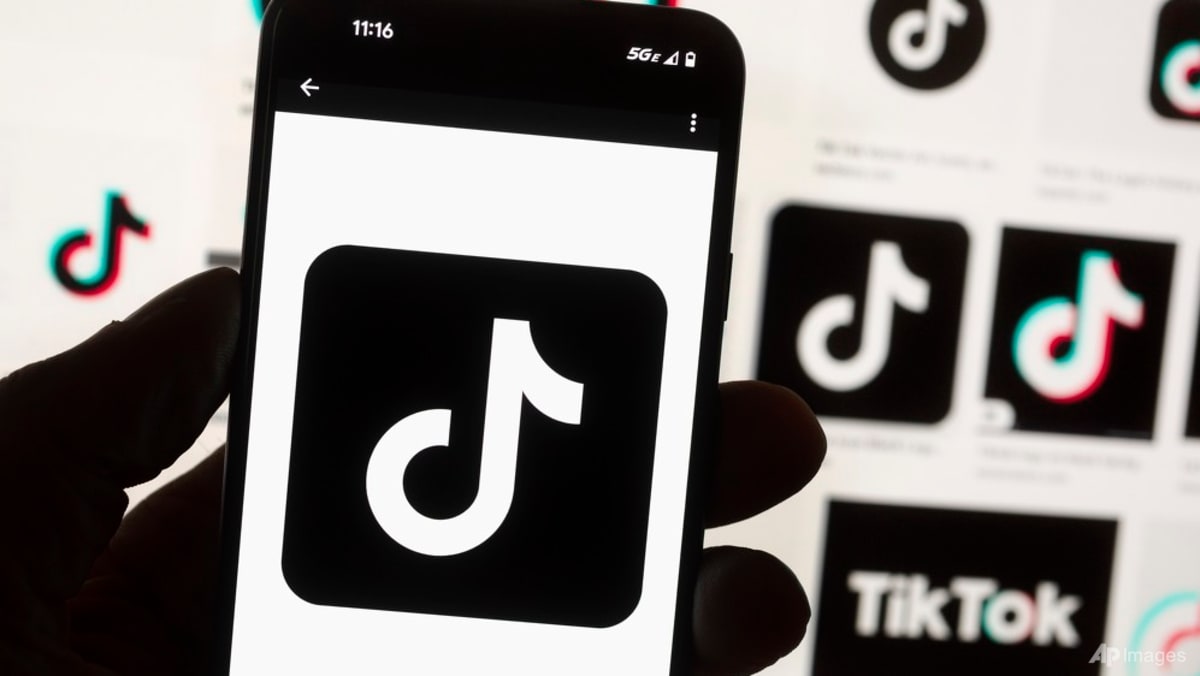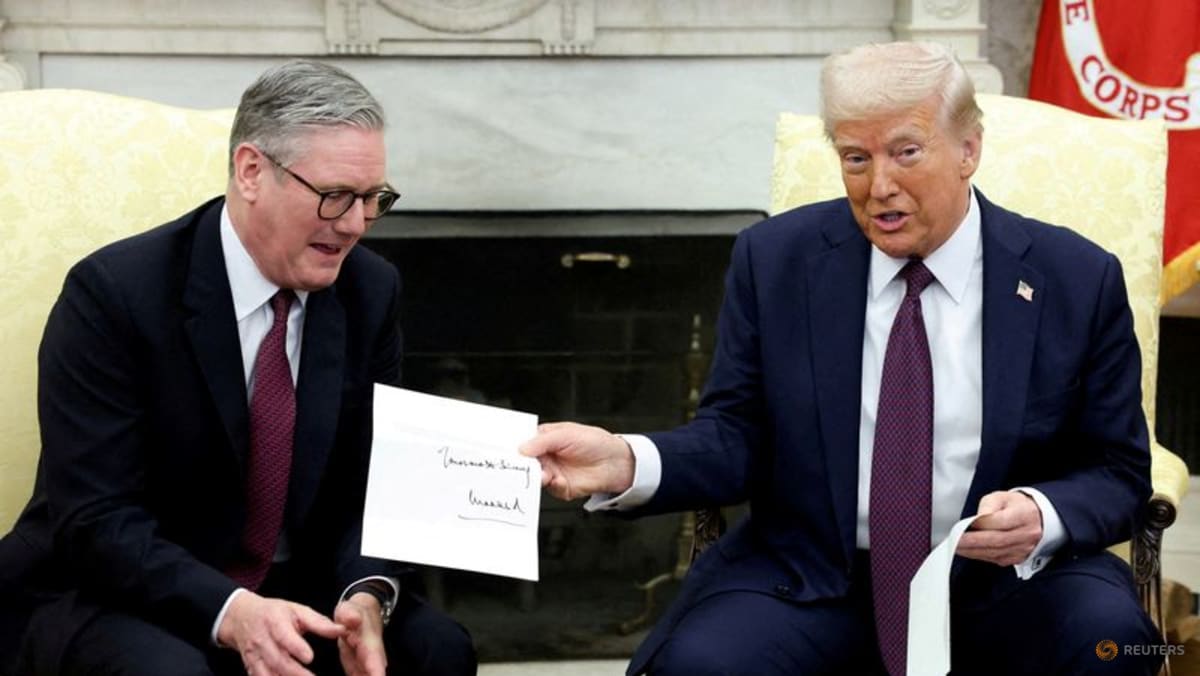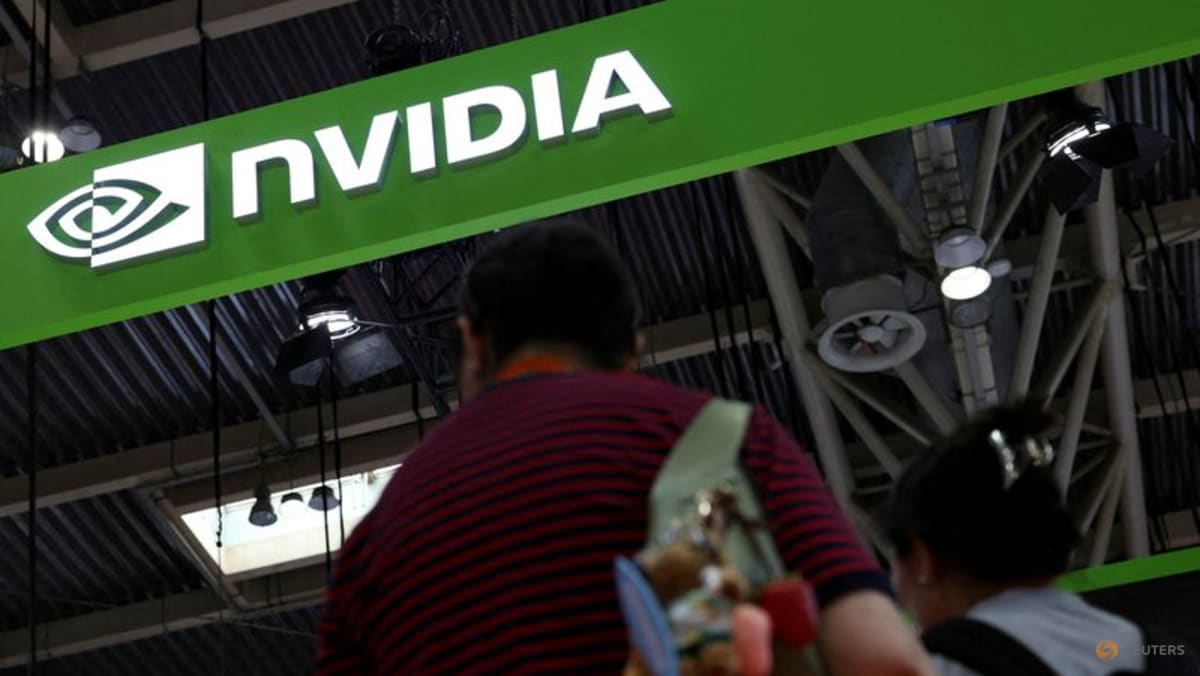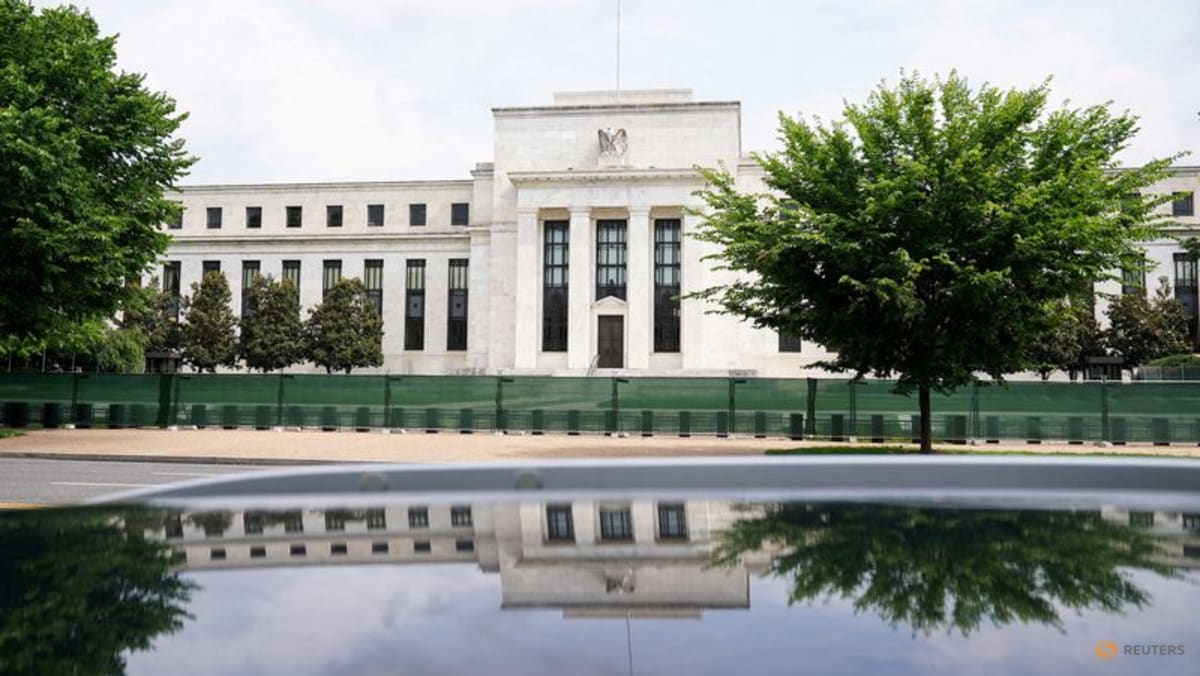WILL CHINA RETAIN ANY OWNERSHIP?
One issue is whether ByteDance will be fully divested from TikTok US after the deal.
Trump responded to a question in an Oval Office press conference on whether China will have a stake in TikTok: “We haven’t decided that, but it looks to me and I’m speaking to President Xi on Friday for confirmation.”
Senate Intelligence Committee chair Tom Cotton in April said American investors who wanted to buy TikTok must cut all ties with China.
ByteDance’s current shareholders include American firms Susquehanna International Group, General Atlantic, KKR and Andreessen Horowitz.
Oracle has been floated as a likely buyer for the platform.
If Congress rejects the latest agreement, Trump may have limited recourse.
In January, the Supreme Court unanimously ruled that the law, passed by an overwhelming bipartisan majority in Congress last year and signed by former President Joe Biden, did not violate the US Constitution’s First Amendment protection against government abridgement of free speech.
Officials also expect the final deal to be very similar to what was anticipated under the previous deal outlined in April, which would spin off TikTok’s US operations into a new US-based firm, majority-owned and operated by US investors.
This stalled after China indicated it would withhold its approval following Trump’s announcements of steep tariffs on Chinese goods. The precise structure of the new expected ownership remains unclear.
HOW IS TIKTOK VIEWED IN AMERICA?
For now, TikTok continues to function for its 170 million users in the US.
Tech giants Apple, Google and Oracle were persuaded to continue to offer and support the app, on the promise that Trump’s Justice Department would not use the law to seek potentially steep fines against them.
Americans are even more closely divided on what to do about TikTok than they were two years ago.
A recent survey found that about one-third of Americans said they supported a TikTok ban, down from 50 per cent in March 2023. Roughly one-third said they would oppose a ban, and a similar percentage said they were not sure.
Among those who said they supported banning the social media platform, about eight in 10 cited concerns over users’ data security being at risk as a major factor in their decision, according to the report.
